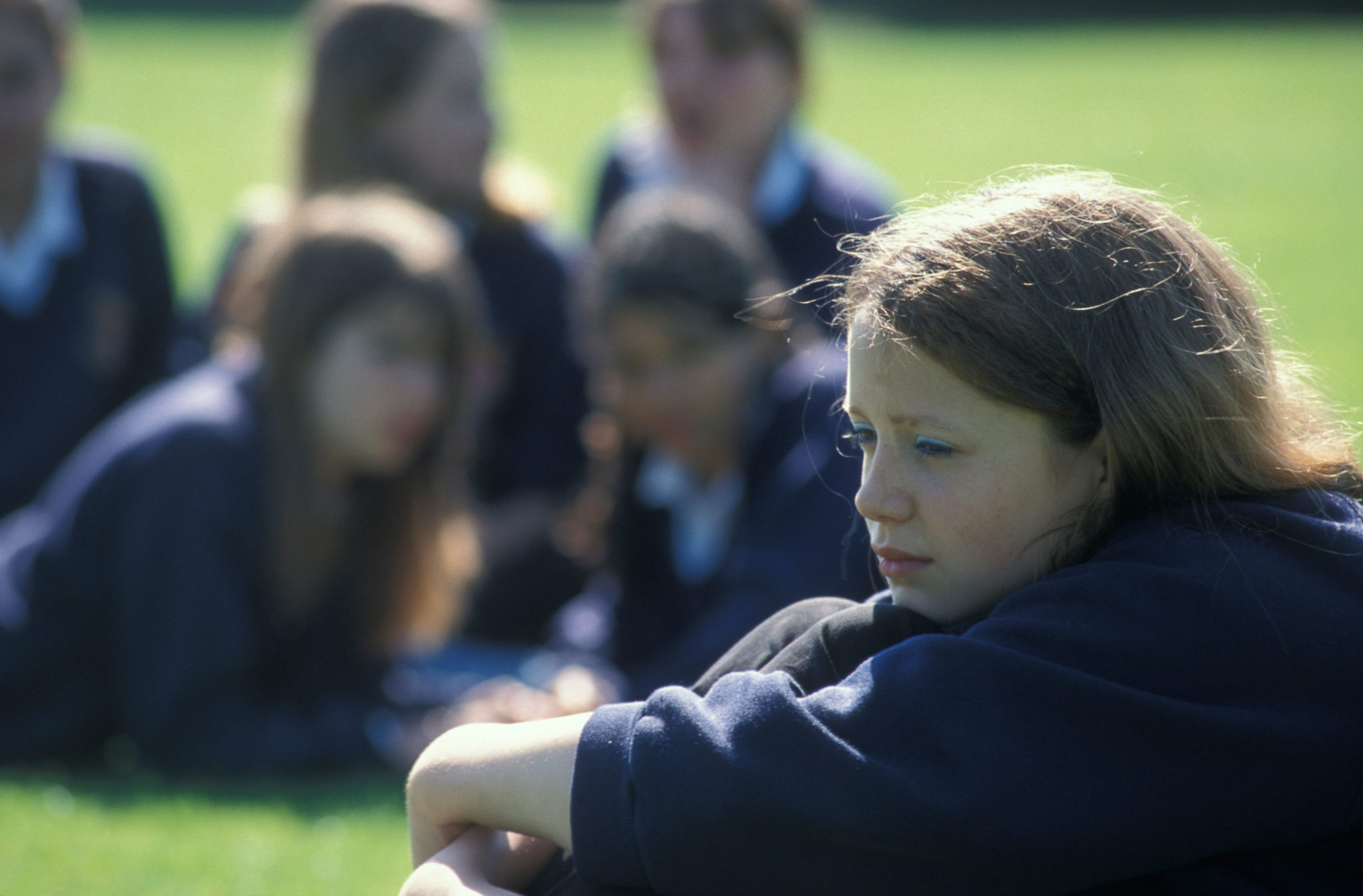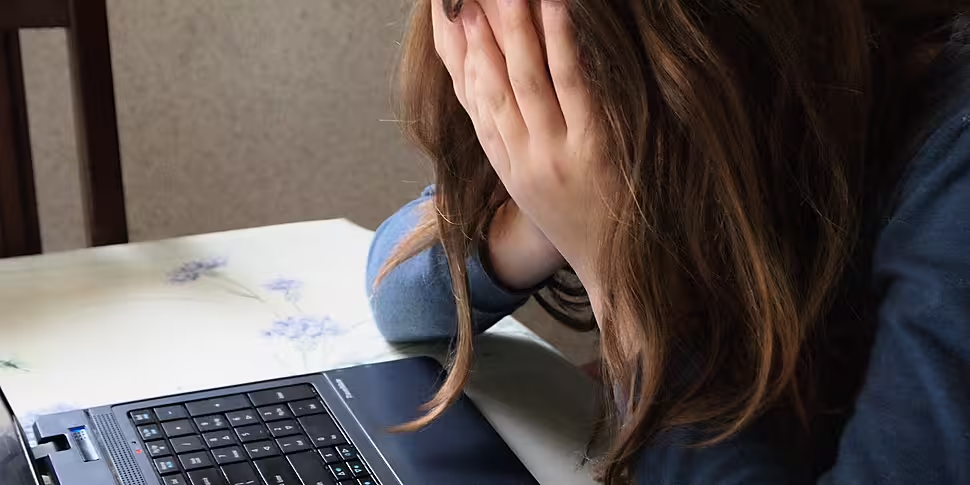A poll conducted on a group of eight to 12-year-olds revealed that 28% had experienced bullying and one-third of those bullied children "kept it to themselves."
That's according to research conducted by CyberSafeKids, who polled a group of children aged eight to 12 on their experience with different forms of bullying.
The Bar of Ireland will host an event later today discussing cyberbullying and the practical steps that can be taken to combat it.
Alex Cooney, chief executive of CyberSafeKids, told Newstalk Breakfast that a "concerning" amount of children do not speak to adults when they experience bullying.
"In terms of things to look out for, it would be changes in behaviour," she said.
"Maybe the child's more withdrawn, particularly around the use of technology.
"If they seem sad, or upset in any way, when they're looking at the screen, or if they seem reluctant to talk about whatever's going on or for the parent to see what's going on on the screen – it's really important to keep an eye."
Schools
If the child approaches a member of school staff, educators will typically have cyber-bullying policies that they abide by, according to Ms Cooney.
"If it involves children in the child's peer group in school, then in most cases, the parents will approach the school to discuss how best to address it and hopefully involve the other parents and children in this particular case," she said.
"Obviously it is really important to be proactive and to get on top of it."
 File photo shows a teenage schoolgirl being cajoled by her peers. Picture by: Angela Hampton Picture Library / Alamy Stock Photo
File photo shows a teenage schoolgirl being cajoled by her peers. Picture by: Angela Hampton Picture Library / Alamy Stock PhotoMs Cooney said CyberSafeKids took on a case last year, involving a number of children who were starting in first year, in which the cyberbullying began before the children had even begun the academic year.
"One child was being targeted because of the colour of his hair, and another child stepped in. I think bad language was being used, but it got very, very aggressive, very sexualized language," she said.
"But in this case, the school stepped in quickly so the parents and those of one of the children alerted the school. So, even though these children hadn't yet come in, they were right on it.
"What we do want to see is that the schools are addressing it in a proactive clear way, and they've got steps and everybody's clear of the steps involved."
Legal recourse
Ms Cooney said if a child has been repeatedly targeted through online abuse, recourse can be taken through the Non-Fatal Offences against the Person Act.
"It's quite vague and it isn't clear how many incidents constitute persistence," she said.
"More recently, we have the Harassment, Harmful Communications and Related Offences Act – which is more commonly referred to as Coco's Law – which relates to the sharing of intimate images online.
"It really depends on the nature of the incident that's occurred in terms of the legislation.
"If it involves the sharing of sexual images of a child, then the piece of legislation that would be relevant would be The Child Trafficking and Pornography Act."
You can listen back here:









